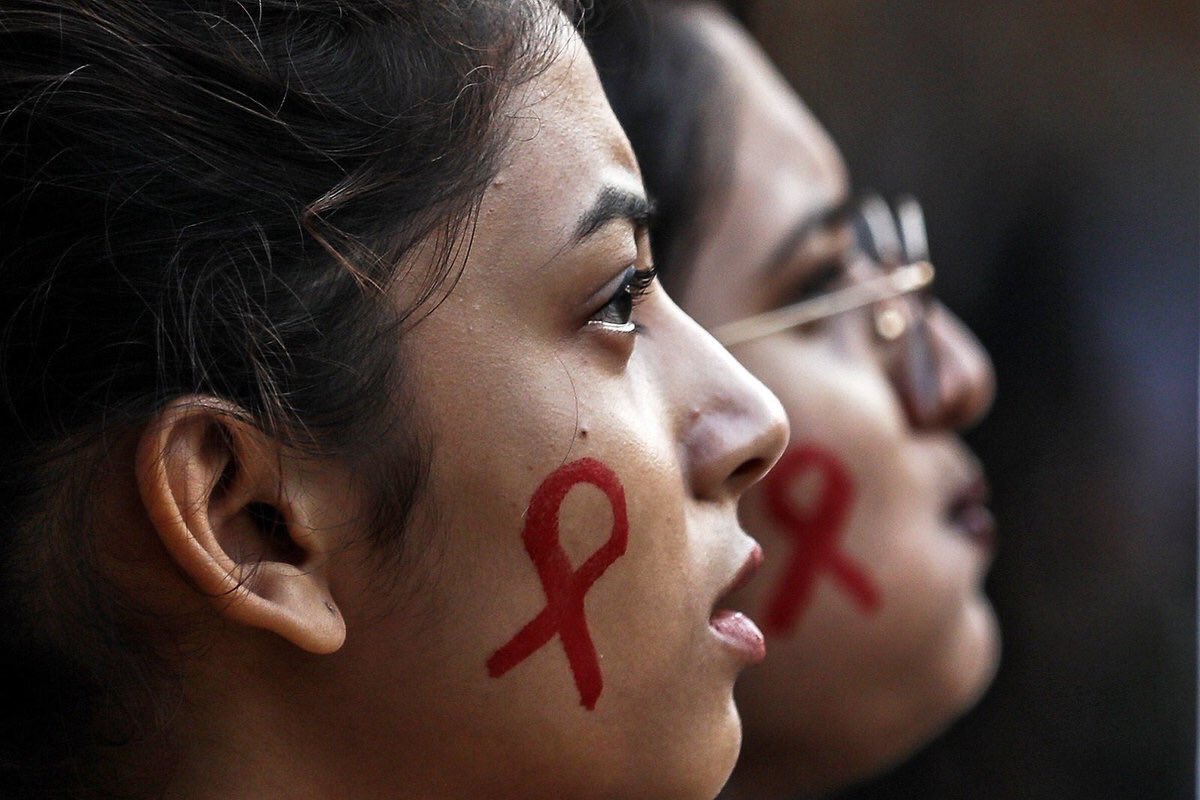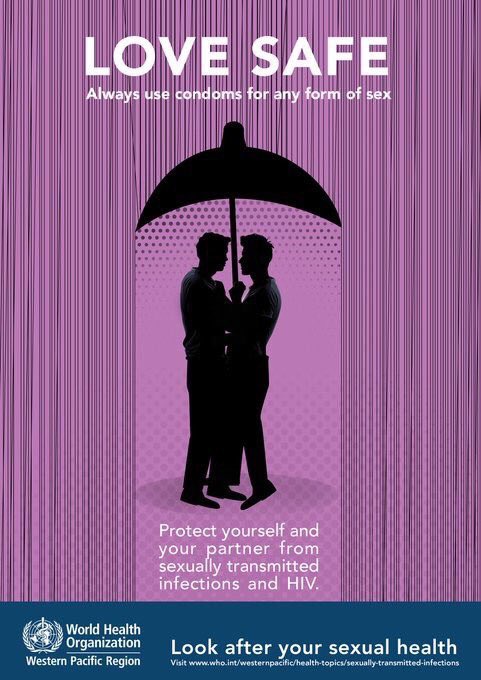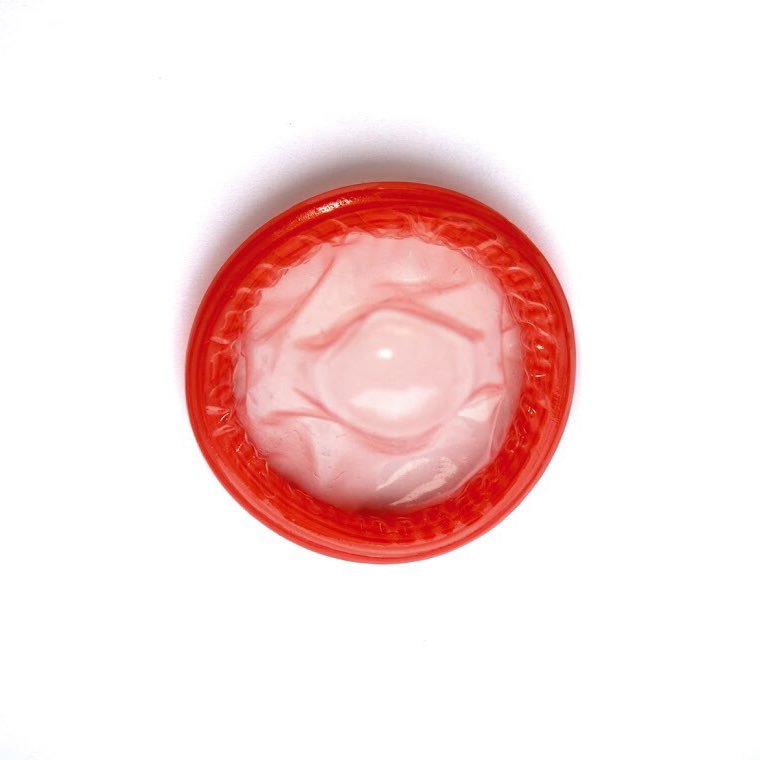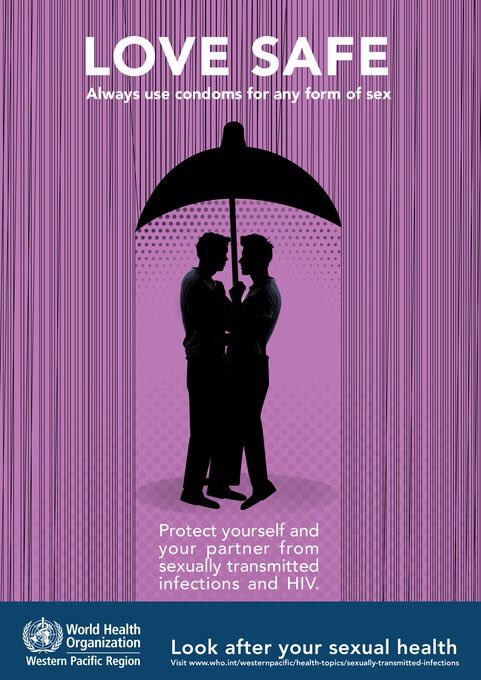Today, she told the @bloodinquiry about their life, his illness, her thoughts on haemophilia and disability discrimination and women carers.
This is her and Sir Brian:
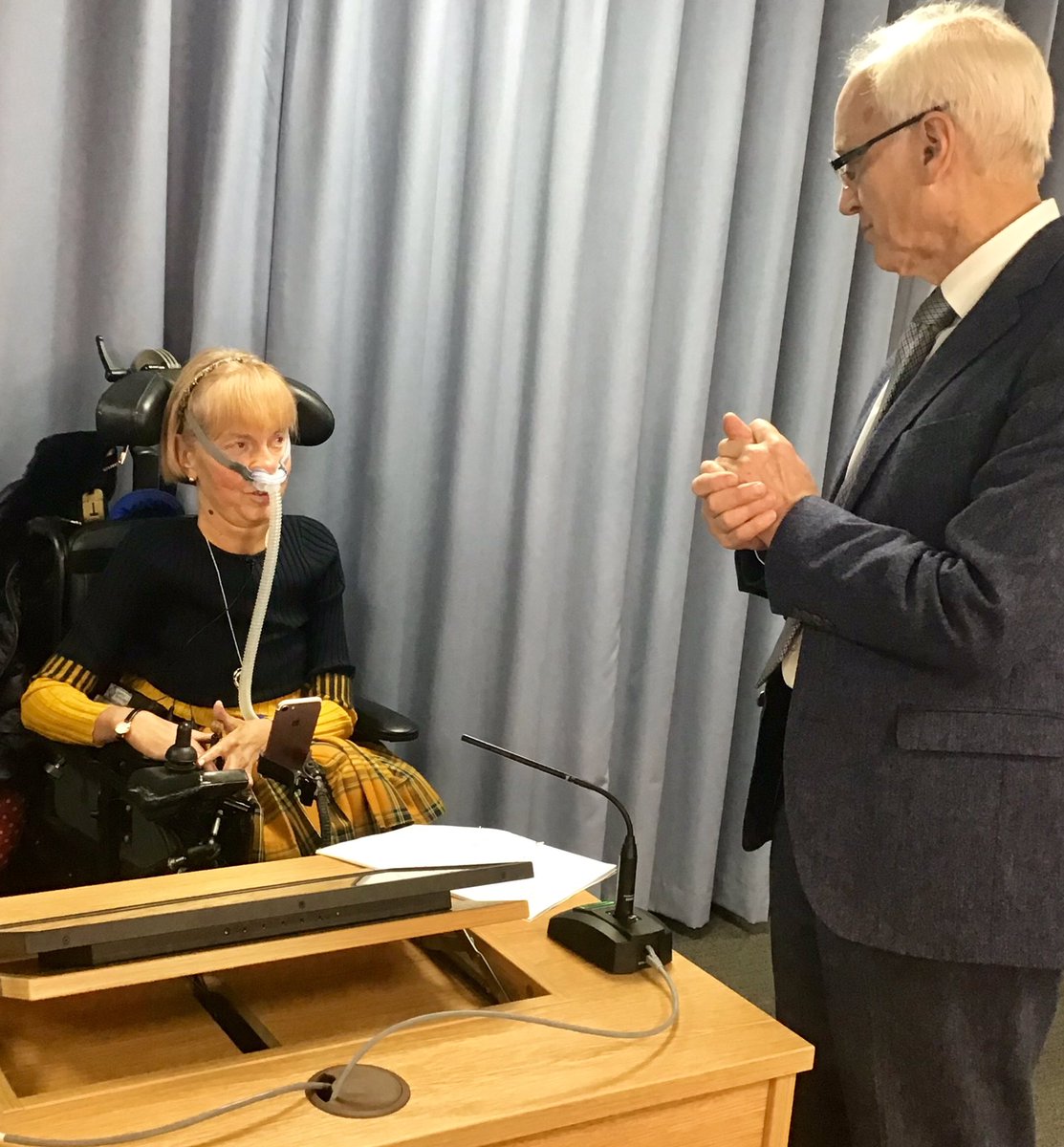
She was a bit shy and he didn’t want a ...
She went to uni in Hertfordshire and he to uni in Yorkshire. They decided they needed to find themselves in the outside world ...
They were lucky to get a council house being desperate to start out and leave the parental homes.
He had to be her carer: “He said I was light as a feather and he was fit so we would manage”.
Except he wasn’t fit.
Then in June 1985 he was told he’d tested ...
We said good as we were getting married.
They said...
They didn’t call back.
“Maybe we put our heads in the sand but we were so keen on doing all the things we’d been prevented from doing for so long.”
We didn’t make the link with the AIDS virus. Ridiculous but they‘d said he’d be alright...
As a haemophiliac with excruciating pain Graham never complained but concentrated on living.
All haemophiliacs contaminated by Factor were being reviewed.
The doc said: his AIDS wasn’t different it was the same, Graham would probably get quite ill with chest infections and unknown things, there was a new drug with side effects...
Graham asked one question: am I going to die?
The doctor said yes.
And nothing was ever the same.
Then her father was killed in a car crash.
They were getting married. She felt:“This is all wrong. This should be the happiest time.”
We were so young, not just in age but experience.
We had been cocooned for so many years and only just beginning to live.
When we left the hospital we didn’t speak....
AZT was “a disgusting drug”. Made the quality of life of Graham’s last few years “atrocious”. Hard to work because AZT made him so ill.
He was 14 stone when we married, could throw me in the air and lift me with one hand. He’d pick me out of ...
He’d been w/out fear, fun loving and beloved. Beautiful Yorkshire accent. We went up on the moors - a dream life for someone in a wheelchair who’d never gone anywhere. He’d say:
It all changed: he became depressed and terribly worried about what would happen to me.
The Factor contaminated our marriage, relationship, everything we touched.
And we couldn’t tell anyone.
He could work less and less....
He was too ill to care for me and it was hard to get carers b/c of the AIDS stigma. Though I’d..
Carers paid by benefit wouldn’t start early enough to allow me to get to work so I paid them from my wages.
I campaigned for Direct Payments - came in just before he died.
Sometimes he couldn’t get to the door to let people in because he was losing his sight intermittently.
It was the loneliest time of my life. I was angry and not coping very well.
Graham’s younger brother, also an infected haemophiliac, was dying from AIDS. Graham said
I worked harder so he could have the things I wanted him to have at the end of his life.
We took the Gov ex gratia payment even though we had to sign the form saying we wouldn’t sue. Needed the £s
Jane talked about her life after Graham. The panic attacks and illness. Her campaigning work. Her second marriage. Of double discrimination as a disabled person and a woman. About caring: “As partners, we had to live it with them. There all the time.”
She said:
Haemophiliacs in the 1970s/80s/90s were treated like children. Medics thought it would be better if they didn’t know and didn’t want to stop them taking the products they knew were or ...
“I believe there was a strain of disability discrimination at large at that time so it’s complex.”
She thanked Theresa May for setting up the Inquiry - “no other Gov did that because they felt it wasn’t worth it”.
And she ended by saying this:


